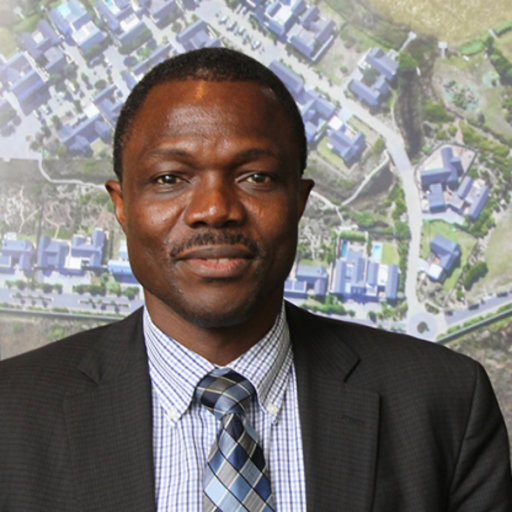
Ayodele Odusola, chief economist with UNDP Africa. (Photo: Courtesy of Ayodele Odusola)
New York (People’s Daily) – “The $4 billion Addis-Ababa-Djibouti Railway, which began commercial operations in 2018, is one of several successful examples has shown positive results arising from the China-Africa partnership during the 2018 FOCAC Beijing Summit,” said Ayodele Odusola, Chief Economist and Head of Strategy and Analysis Team, Regional Bureau for Africa of United Nations Development Program on Tuesday during an interview with People’s Daily in New York.
By focusing on infrastructure investment for projects like roads, railways, ports and among regional economic corridors, these efforts address Africa’s development. Odusola explained this will not only help to accelerate the achievement of SDGs, Agenda 2063 and FOCAC objectives, but also help China with domestic capacity, growth trajectory, and promote inclusive development.
“The rising Chinese FDI (estimated at $40.0 billion in 2016) leading to the emergence of over 10,000 Chinese firms in Africa is also contributing to economic diversification and industrialization, adding value in the extractive agricultural sectors, promoting blue and knowledge economies, and contributing to job growth and income generation is contributing to economic growth on the continent,” he said.
Odusola has long been impressed with Chinese President Xi Jinping’s “walk the talk” style and the consistency of his commitments, highlighting that keeping his promise of $60 billion announced in 2015 is a good example.
“Focusing on $60 billion, over the next three years, strategic interventions could help bridge investment gaps and accelerate inclusive growth and development on the continent,” he said.
When reflecting upon President Xi’s “five-no” guideline, Odusola said it clearly laid out the accountability framework for assessing the impact of the China-Africa Partnership, which may end up being a new framework for assessing global development effectiveness.
One reason for the high unemployment among Africa’s youth is the result of limited vocational and entrepreneurial skill training. He feels that FOCAC should prioritize training for younger generations, establish technology centers and innovation labs, and align Africa’s educational system with market reality.
“Providing 50,000 government scholarships, vocational training for another 50,000 and facilitating 2,000 young students to participate in development exchange with China could be the catalyst,” he said.
Odusola said that the eight strategic steps announced by President Xi Jinping during the FOCAC Summit (e.g. industrial promotion, facility connectivity, trade facilitation, green development, capacity building, health and hygiene, humanities exchange, peace, and security) are key to achieving the SDGs and Agenda 2063 in Africa.
And like any great partnership, Odusola said, “China has what Africa needs, and we have what China needs.”


